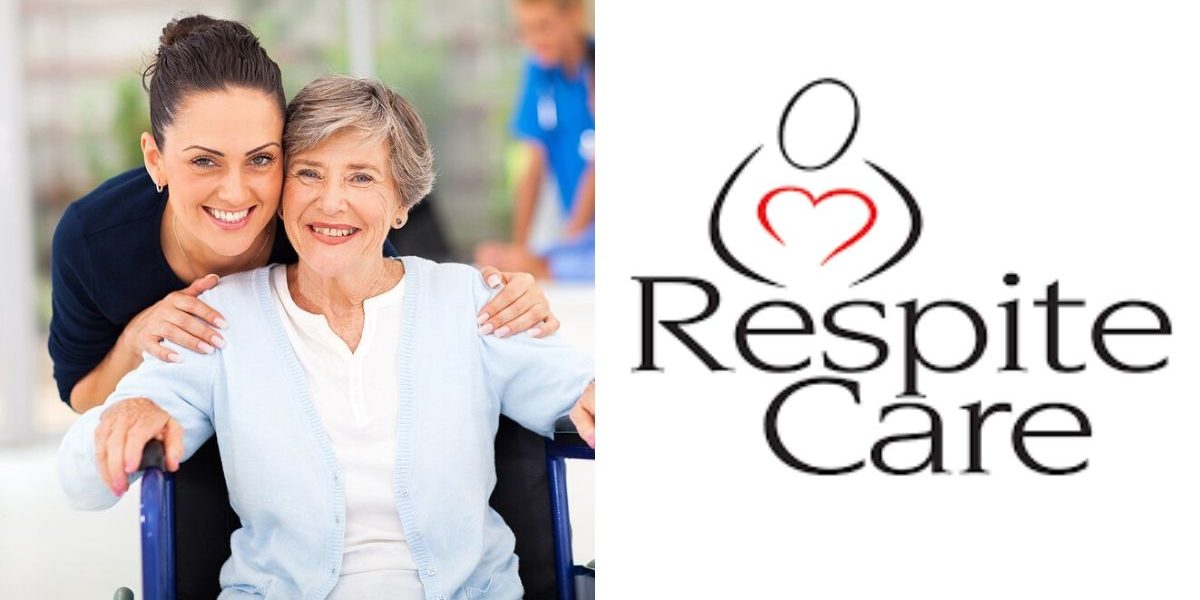Taking care of a sick, ageing or disabled family member can take a toll on the emotional and physical health of the primary caregiver. If you are a primary caregiver, then respite care can take the load off your shoulders and give you much-needed break. But what exactly is respite care? Respite care provides short-term relief to the primary caregiver. It can be arranged for a few hours, a few days or weeks. Professional caregivers provide temporary relief to the primary caregiver who is usually a family member. Whether the primary caregiver has professional commitments or just taking a break, respite care can help ease their burden. Respite care can be arranged at home or a healthcare facility or an assisted living home.
Learn more about respite care here:
- When is respite care needed?
Respite care is needed to ensure that the primary caregiver can take a break and take care of personal or professional commitments or just relax and spend some time with friends and family. As respite care is a short-term arrangement, one can seek it to go for running errands or going on vacation. The aim of respite care is to give the primary caregiver a temporary relief while the primary caregiver is assured that his or her loved one is receiving care in a safe environment.
- How does it benefit the primary caregiver?
Caregiving is a stressful responsibility and no one is equipped to shoulder the responsibility all alone. Just like the loved ones they care, primary caregivers also need care. To maintain their emotional and physical wellbeing, they need a break from their caregiving duties. Respite care homes care for the patients in a caring and professional environment, meanwhile, the primary caregiver can focus on self and come back with renewed energy.
- How can respite care benefit the patient?
Respite care homes give the patients an opportunity to interact with those who are having similar experiences. They get to meet new people in a safe and supportive environment. Some care homes also organize events, activities and outings and the patients get to participate in them.
- What is included in respite care?
Most respite care homes provide meals, medication management, housekeeping, personal hygiene care, and laundry service, among other services. The services also depend on whether you take the service at home or daycare center or residential care home. Professional caregivers are trained to help the patient eat meals, take medications on schedule, dress and bathe. Professional caregivers are trained to take care of the special needs of patients with dementia, Alzheimer’s and other conditions.
- How does eMAR help respite care homes?
As patients come to respite care for a short stay, this gives care workers less time to get a thorough understanding of the medical needs of the patients. eMAR helps the care homes to keep a track of the patient’s medical records without any hassles. Using electronic MAR sheets, the care workers can get acquainted with the medication administration process of new patients without any delay. eMAR sends alerts to care, workers, when the medicines are due, leading to an error-free medicine administration. To know how eMAR can help your care home streamline medication administration, book a demo today.







